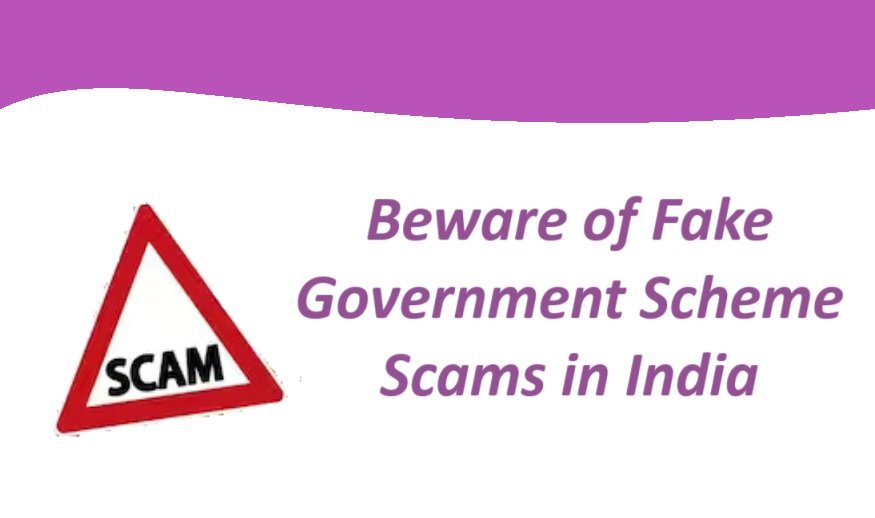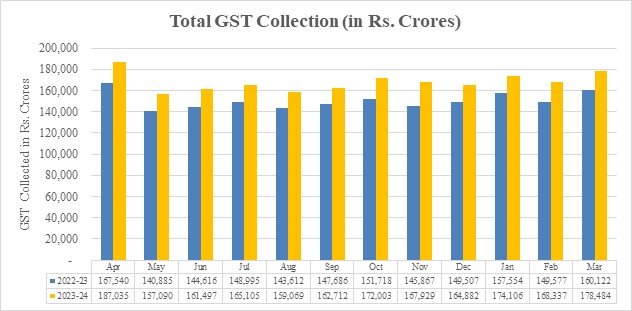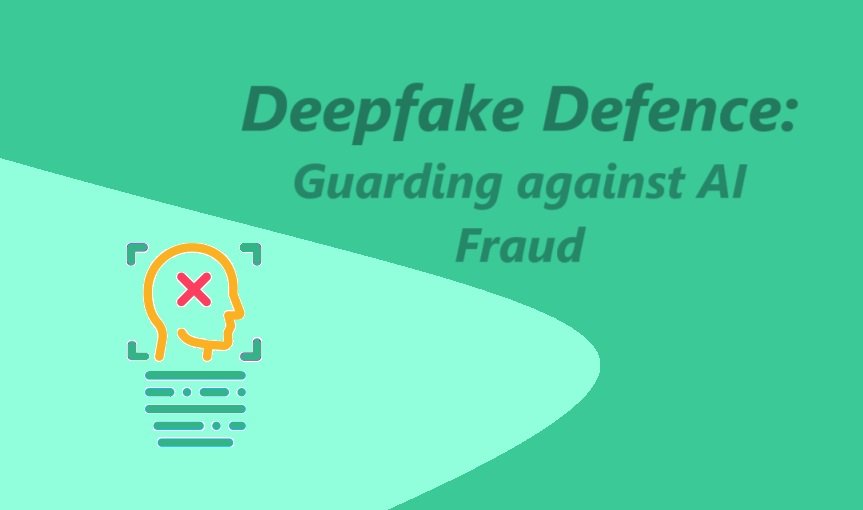Beware of Fake Government Scheme Scams in India
What is Fake Government Scheme Scams in India?
Once they have gained the victim’s trust, scammers proceed to extract personal information, such as bank account details, Aadhar card numbers, or other sensitive data. They may also ask for an upfront payment or processing fee, claiming that it is required to avail the benefits of the scheme.
What makes these scams particularly dangerous is that scammers often target vulnerable individuals who are in desperate need of financial assistance. For example, they may prey on unemployed individuals looking for job opportunities, farmers seeking agricultural subsidies, or low-income families in need of housing support.
Furthermore, scammers constantly adapt their tactics to stay one step ahead of law enforcement agencies. They may change their phone numbers frequently, create fake websites that mimic government portals, or use sophisticated technology to spoof caller IDs.
The impact of falling victim to a fake government scheme scam in India can be devastating. Not only do victims lose their hard-earned money, but they may also become victims of identity theft or face other financial repercussions. Moreover, the psychological toll of being deceived and manipulated can be significant, leading to feelings of shame, guilt, and mistrust.
It is crucial for individuals to be aware of these scams and take necessary precautions to protect themselves. Government agencies and law enforcement bodies are also working tirelessly to raise awareness about these scams and apprehend the perpetrators.
In the following sections, we will explore some common types of fake government scheme scams that are prevalent in India, along with tips to identify and avoid falling victim to them. By staying informed and vigilant, we can collectively combat these scams and protect ourselves and our communities.
Red Flags to check Fake Government Scheme Scams
It is essential to be aware of the red flags that can help you identify fake government scheme scams. By keeping an eye out for these warning signs, you can protect yourself from falling victim to these fraudulent activities.
1. Unsolicited Communication
One of the most common red flags is receiving unsolicited communication regarding a government scheme. Be cautious if you receive an email, text message, or phone call out of the blue, claiming that you are eligible for a government program. Legitimate government schemes typically require individuals to apply or register themselves, rather than being randomly selected.
2. Requests for Personal Information
Another red flag to watch out for is when scammers ask for personal information such as your bank account details, Aadhar number, or other sensitive data. Legitimate government programs do not require individuals to provide such information upfront, especially during the initial stages of the application process. If someone asks for this information prematurely, it is likely a scam.
3. Upfront Payment Demands
Be wary of any government scheme that demands an upfront payment or fee in order to access the benefits. Genuine government programs do not require individuals to pay money in advance to avail themselves of the benefits they offer. Any request for payment before receiving the promised benefits is a clear indication of a scam.
4. Poorly Designed Websites or Documentation
Fake government scheme scams often use poorly designed websites or documentation that may contain spelling mistakes, grammatical errors, or inconsistencies. Legitimate government programs have professionally designed websites and official documentation that are error-free and provide accurate information. If you come across any such discrepancies, it is likely a scam.
5. High-Pressure Tactics
Scammers often use high-pressure tactics to create a sense of urgency and push individuals into making hasty decisions. They may claim that the government scheme has limited slots or that the benefits will expire soon, in an attempt to rush you into providing personal information or making a payment. Legitimate government programs do not employ such tactics and allow individuals sufficient time to make informed decisions.
It is important to note that scammers are constantly evolving their tactics to appear more convincing and legitimate. Therefore, it is crucial to stay informed about the latest scams and educate yourself on how to identify them. Government agencies and consumer protection organizations often provide resources and information to help individuals protect themselves from scams. Additionally, if you suspect that you have encountered a fake government scheme, it is important to report it to the relevant authorities so that they can take appropriate action to shut down the scam and prevent others from falling victim.
Please explore my articles related to awareness of online Fraud.
Beware of the Income Tax Refund Scam in India
Guard Your Identity: Shielding Against Identity Theft
Defend Yourself against OTP Fraud
Tips to Protect Yourself
To safeguard yourself against fake government scheme scams, consider the following preventive measures:
Be Skeptical: Maintain a healthy skepticism towards unsolicited offers of government benefits or grants, especially if they seem too good to be true. Remember that legitimate government schemes typically follow established application procedures and guidelines.
Verify Authenticity: Before providing any personal information or making payments, independently verify the legitimacy of the scheme and the individuals contacting you. Check official government websites or contact relevant departments directly to confirm the existence and details of the scheme.
Guard Personal Information: Avoid sharing sensitive personal information, such as Aadhar card details, bank account numbers, or passwords, with unknown individuals or entities. Genuine government agencies will never ask for such information over the phone or via email.
Educate Yourself: Stay informed about common scam tactics and red flags associated with fake government schemes. Regularly update yourself on the latest scam alerts issued by government authorities or consumer protection agencies.
Report Suspicious Activity: If you encounter a suspected fake government scheme or believe you’ve been targeted by scammers, report the incident to the appropriate authorities immediately. This can help prevent further harm to yourself and others and contribute to efforts to combat fraud.
Also Reads: Protecting Yourself from UPI Fraud
Conclusion
Fake government scheme scams pose a significant threat to individuals’ financial security and personal information in India. By remaining vigilant, recognizing red flags, and implementing preventive measures, you can protect yourself from falling victim to these deceptive schemes. Remember, when in doubt, verify before you trust. Stay informed, stay safe.




